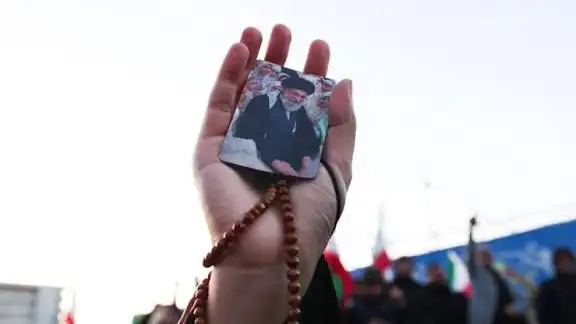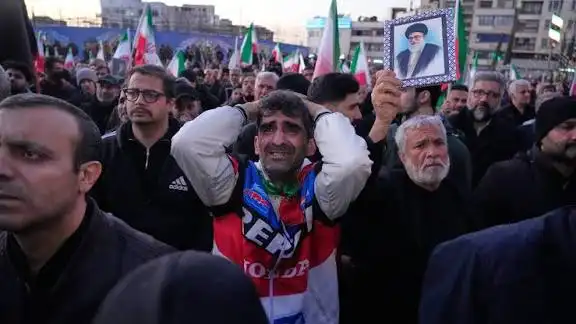In a significant move on August 11, 2025, President Donald Trump announced the deployment of 800 National Guard troops to Washington, D.C., and the federalization of the city’s Metropolitan Police Department (MPD). This unprecedented action aims to address what the administration describes as escalating lawlessness in the nation’s capital.
President Trump, flanked by key officials including Attorney General Pam Bondi and Defense Secretary Pete Hegseth, declared a public safety emergency, invoking Section 740 of the District of Columbia Home Rule Act. This provision allows the president to assume control of the MPD for up to 30 days without congressional approval. The president stated, “I’m announcing a historic action to rescue our nation’s capital from crime, bloodshed, bedlam and squalor and worse.”
The deployment of the National Guard is intended to assist local law enforcement in reestablishing law and order. Defense Secretary Hegseth confirmed that the troops would begin arriving in the coming week, with a focus on logistics, transportation, and supporting police operations. The administration has also signaled the potential for further military involvement if deemed necessary.
Local officials have expressed strong opposition to the federal intervention. Mayor Muriel Bowser emphasized that violent crime in D.C. had decreased to a 30-year low, questioning the necessity of federal control. She stated, “We have been able to reverse that 2023 crime spike. This year, crime isn’t just down from 2023. It’s also down from 2019, before the pandemic, and we’re at a 30-year violent crime low.”
D.C. Attorney General Brian Schwalb labeled the federal takeover as “unprecedented, unnecessary, and unlawful,” indicating potential legal challenges to the administration’s actions. He noted that violent crime in the district had reached historic lows, with a 26% decrease in the first seven months of 2025 compared to the previous year.
The federalization of the MPD and the deployment of the National Guard mark a significant escalation in the administration’s approach to urban crime. This decision has sparked a broader debate over the balance of power between federal and local authorities, as well as concerns about the potential militarization of domestic law enforcement. The situation continues to evolve, with ongoing discussions about the implications for D.C. residents and the future of local governance.












I cant believe Trump is taking control like this. Is this really necessary, or is he just flexing his power? #Discuss
Is Trump really the law and order president he claims to be, or is this just a power play? Thoughts?
Why is Trump militarizing D.C.? Is this really the best approach to addressing crime? Lets discuss!
Why does Trump need to take such extreme measures? Is this really the best way to address crime in D.C.? Lets discuss.
I dont know about you guys, but deploying the National Guard in D.C. seems a bit extreme to me. What do you think?